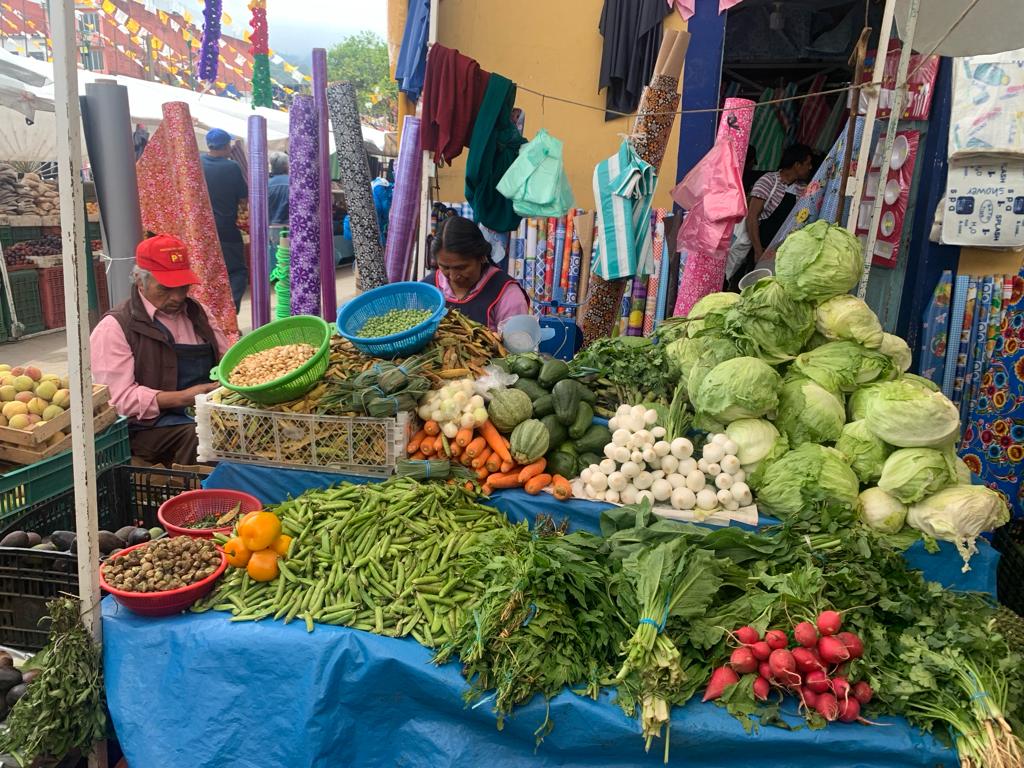

Food sovereignty is both a philosophy of life and a global political movement. It recognizes food as a right and a public good, not as a commodity, putting the aspirations and needs of those who produce, distribute, and consume food at the heart of food systems and policies, rather than the demands of markets and corporations. Food sovereignty requires bringing all voices to the table, and sharing land, seeds, water, credit, and other resources equitably.
Finding the right words…
“It was not difficult to name what we were fighting against – the destruction of communities, environments, cultures, livelihoods, and local markets by corporate agribusiness and the governments that colluded with this destruction.
But it was harder to name the alternatives succinctly. I recall long, profound, sometimes contentious, discussions going late into the nights, as we struggled to find a term that would capture what we were fighting for. The conventional term of “food security” was inadequate. This was about more than producing more food or distributing it more efficiently. We were grappling with fundamental questions of power and democracy: Who controls food-producing resources such as land, water, seeds, and genetics, and for what purposes? Who gets to decide what is grown, how and where it is grown, and for whom? We needed to have language that expressed the political dimensions of our struggle.
Food Sovereignty is such a term. It provokes the necessary discourse about power, freedom, democracy, equality, justice, sustainability, and culture. Food is taken out of the realm of being primarily a market commodity and re-embedded in the social, ecological, cultural, and local contexts as a source of nutrition, livelihood, meaning and relationships.” 1 — Nettie Wiebe, National Farmers’ Union (Canada)
Dig Deeper…
- Watch this 2-minute video from Friends of the Earth International to see the principles of food sovereignty in action in four communities living in the Mabu Forest of Mozambique.
- Visit the SeedChange website for a look at the seven pillars of Food Sovereignty and the differences between “food security” and “food sovereignty”.
- Read the Nyéléni Declaration, the culmination of a 2007 gathering in the village of Nyéléni in Sélingué, Mali, where more than 500 representatives from more than 80 countries, of organizations of peasants/family farmers, artisanal fisher-folk, indigenous peoples, landless peoples, rural workers, migrants, pastoralists, forest communities, women, youth, consumers, environmental and urban movements came together to strengthen the global movement for food sovereignty.
- Food Sovereignty, a Manifesto for the Future of Our Planet — This official statement from La Via Campesina, was issued in 2021 to mark 25 years of collective struggles for food sovereignty.



